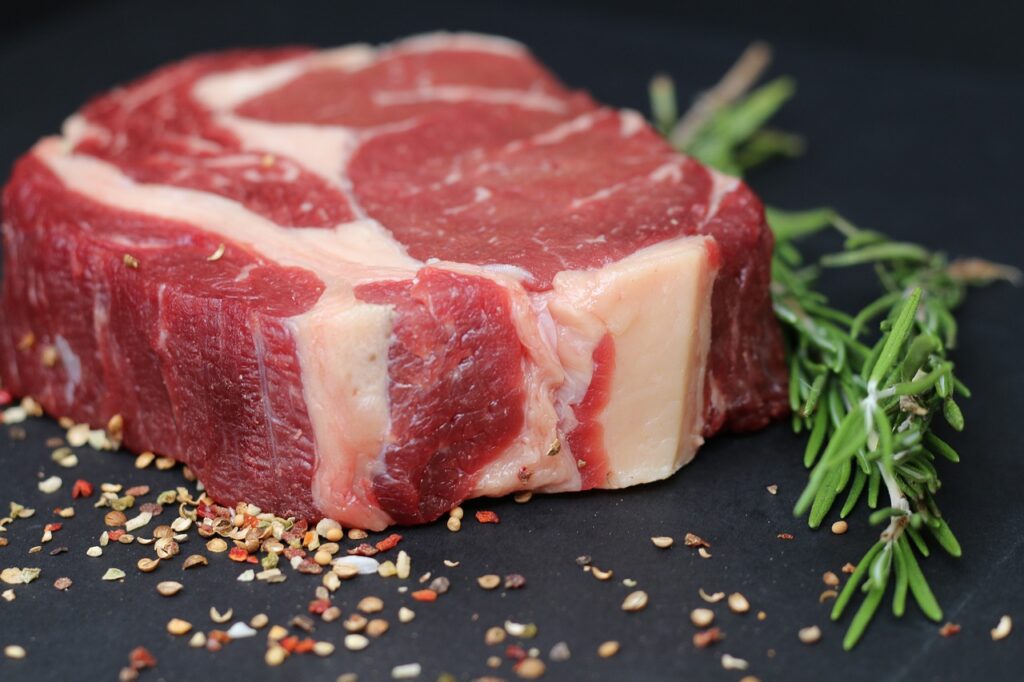What is the carnivore diet
Animal products, including meat, fish, eggs, and dairy, are the sole source of nutrition for those who follow the carnivore diet. The carnivore diet is said to have health benefits, including boosting energy and aiding in weight loss. Protesting the industrialization of agriculture and factory farming is another motivation for some people to adopt a carnivore diet.
Many people draw parallels between the carnivore diet and the paleo diet, which is also focused on eating foods that would have been available to early humans. Vegetables, fruits, nuts, and seeds are all banned from the carnivore diet, making it even more restrictive than the paleo diet.
The carnivore diet is not recommended by most medical professionals due to the lack of sufficient scientific evidence for its purported health benefits. While it is possible to meet nutrient needs on a carnivore diet, it is difficult to do so without consuming a varied diet that includes a variety of plant-based foods.
Healthful nutrients, such as fiber, antioxidants, and phytochemicals, can be found in abundance in plant-based foods. These nutrients play a role in maintaining a healthy gut microbiome, supporting immune function, and reducing the risk of chronic diseases such as heart disease, cancer, and diabetes.
Additionally, the carnivore diet may be associated with certain health risks. Cancers of the colon and breast, for instance, may be made more likely by eating a diet high in animal protein and saturated fat. The carnivore diet may also increase the risk of developing kidney stones, as it can lead to high levels of calcium and oxalate in the urine.
In a nutshell, a carnivore diet is one in which the individual consumes nothing but animal products. While it may have some potential health benefits, it is not recommended by most health experts due to its restrictive nature and potential health risks. Before making any drastic dietary changes, it’s best to talk to your doctor.

